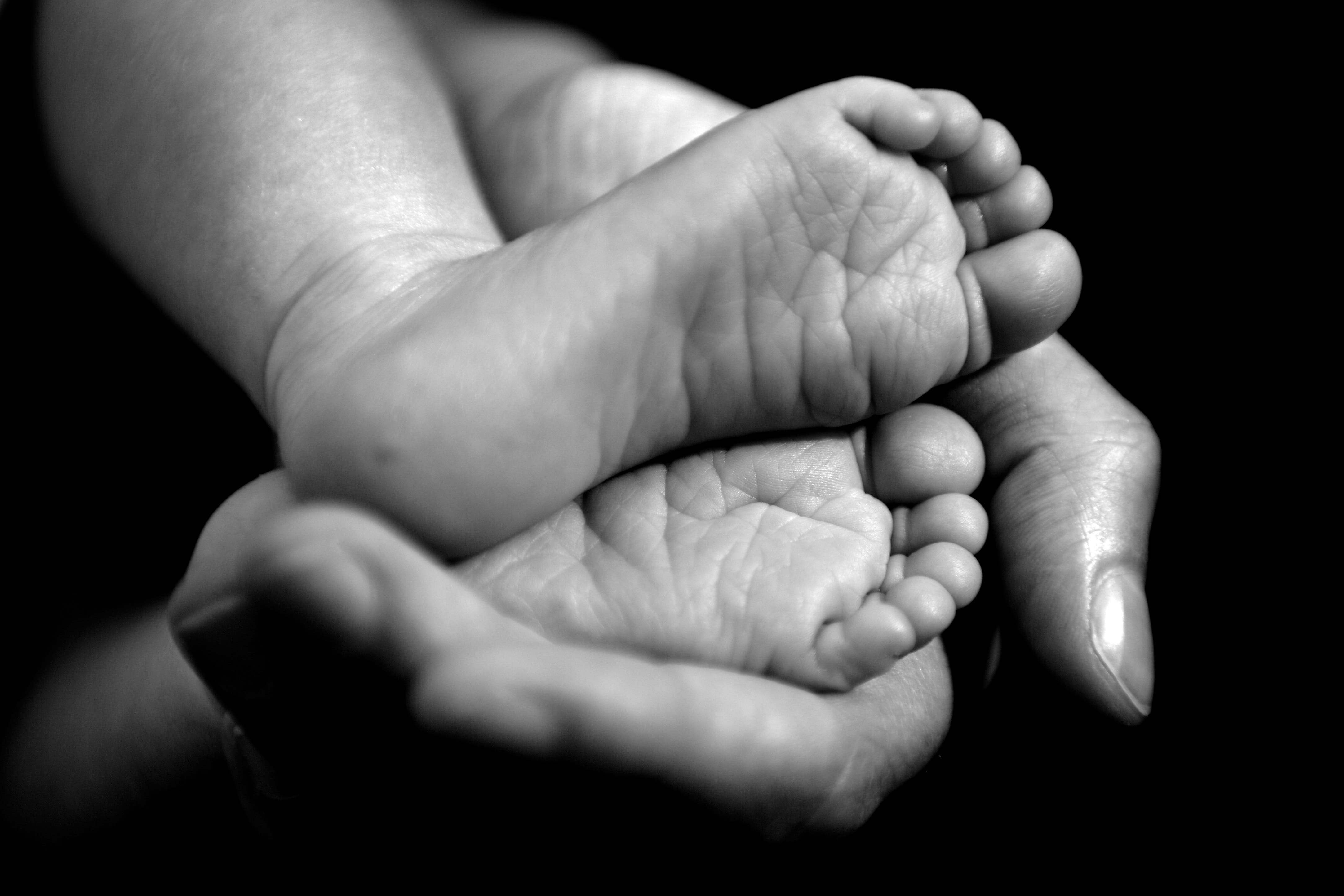Babies could be put at risk due to ‘skin colour tests’ – report
Current tests are decades old and ‘mainly based on white European babies’.

Your support helps us to tell the story
From reproductive rights to climate change to Big Tech, The Independent is on the ground when the story is developing. Whether it's investigating the financials of Elon Musk's pro-Trump PAC or producing our latest documentary, 'The A Word', which shines a light on the American women fighting for reproductive rights, we know how important it is to parse out the facts from the messaging.
At such a critical moment in US history, we need reporters on the ground. Your donation allows us to keep sending journalists to speak to both sides of the story.
The Independent is trusted by Americans across the entire political spectrum. And unlike many other quality news outlets, we choose not to lock Americans out of our reporting and analysis with paywalls. We believe quality journalism should be available to everyone, paid for by those who can afford it.
Your support makes all the difference.Babies from black, Asian and ethnic minority backgrounds could be being put at risk because NHS tests are based on white babies, a new report suggests.
Current health assessments of newborns are decades old and “mainly based on white European babies”, experts said.
Healthcare workers do a wide range of assessments to check the health of babies immediately after they are born.
One of the tests, called an Apgar test, is conducted in the first 10 minutes after birth to assess how healthy a baby is.
This test assesses the baby’s heart rate, reflexes, muscle tone, breathing and the baby’s skin colour. To score highly on the test the baby is assessed to see if they are “pink all over”.
The NHS Race and Health Observatory said that the test first developed in 1952, are not fit for purpose for black, Asian and ethnic minority babies.
We need to address the limitations in visual examinations of newborns, such as Apgar scores, where the assessment of skin colour can potentially disadvantage black, Asian and ethnic minority babies with darker skin.
A new review for the Observatory, conducted by experts at Sheffield Hallam University, found that most guidance for healthcare workers do not differentiate between babies from different backgrounds.
“This means some minority ethnic babies are not being assessed effectively,” the report states.
The report adds that many of the guidelines and policies used words like “pink”, “blue” or “pale” when describing a baby’s skin colour and do not say how colours may look different in minority ethnic babies.
The authors point out healthcare workers will usually look at a baby for clues to see if they have cyanosis, when a baby does not have enough oxygen in the blood, or jaundice, a condition where there is too much of a chemical called bilirubin in the blood.
But they point out that there are some devices that can detect these conditions more accurately than looking at a baby.
Our team, for the first time, have systematically examined the relevance of the most commonly practised neonatal assessments which have been developed decades ago mainly based on White European babies.
They said that there is not enough training for healthcare workers, or parents, in how to spot jaundice or cyanosis in black, Asian and minority ethnic babies.
These devices should be used to detect jaundice and cyanosis, they said.
They also called for better training for health workers and more information for parents.
Dr Habib Naqvi, chief executive of the NHS Race and Health Observatory, said: “We need to address the limitations in visual examinations of newborns, such as Apgar scores, where the assessment of skin colour can potentially disadvantage black, Asian and ethnic minority babies with darker skin.
“The results from this initial review highlight the bias that can be inherent in healthcare interventions and assessments and lead to inaccurate assessments, late diagnosis and poorer outcomes for diverse communities.
“The Observatory is committed to providing practical solutions to patient safety challenges.”
Hora Soltani, professor of maternal and infant health at Sheffield Hallam University, added: “We are very grateful to the Observatory for supporting this project and for the efforts of our collaborative team who for the first time, have systematically examined the relevance of the most commonly practised neonatal assessments which have been developed decades ago mainly based on white European babies.
“The importance of listening to the parents’ concerns and appropriateness of policies and education of healthcare professionals including access to educational materials which reflect the impact of various skin colour tones on such important areas of neonatal assessment are among the key findings of this work.”
A Department of Health and Social Care spokesperson said: “While the NHS is already one of the safest places to give birth in the world, we are absolutely clear that maternity care must be of the same high standard for everyone.
“NHS England has published guidance for local maternity systems, supported by £6.8 million, focusing on actions to reduce disparities for women and babies from ethnic minorities and those living in the most deprived areas.
“We also set up the Maternity Disparities Taskforce which brings together experts from across the health system, government departments and the voluntary sector to explore and consider evidence-based interventions to tackle maternal disparities.”